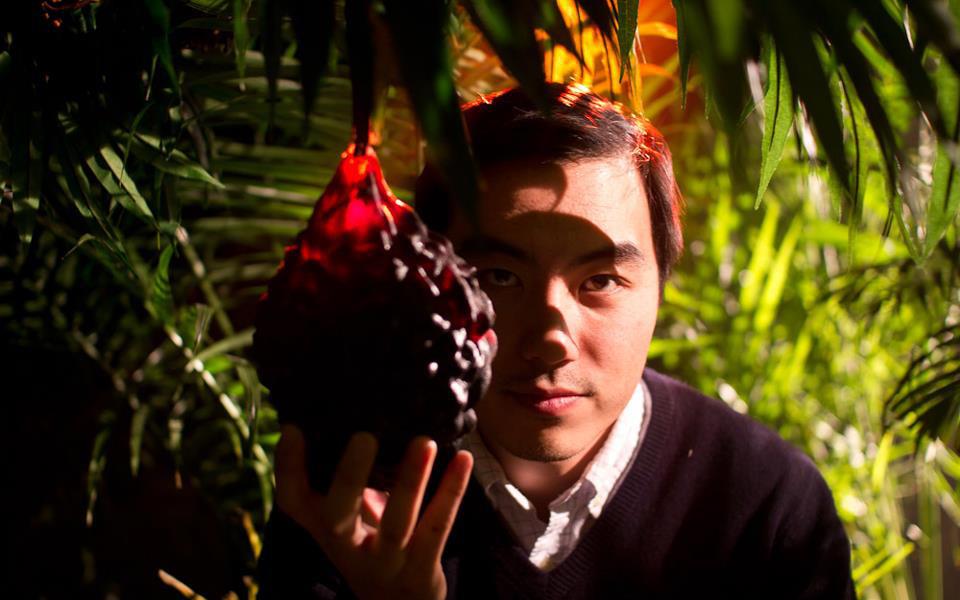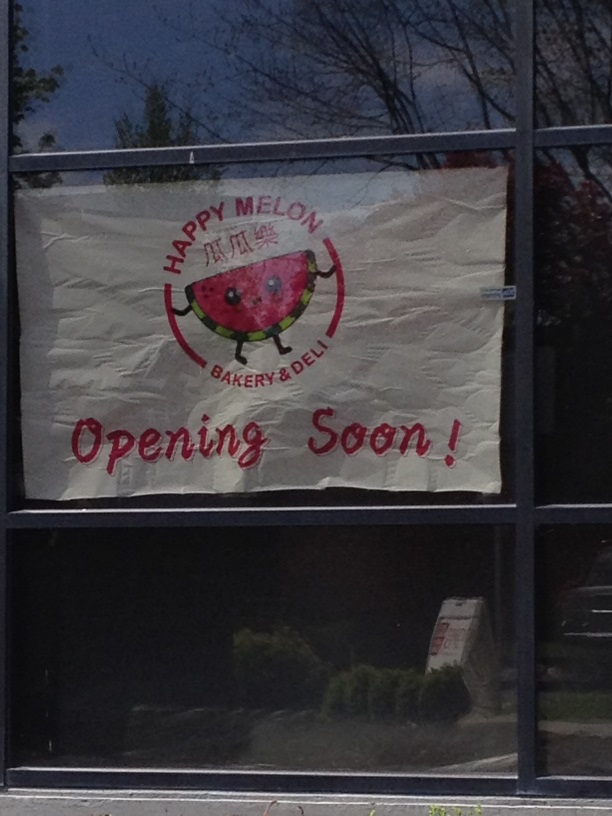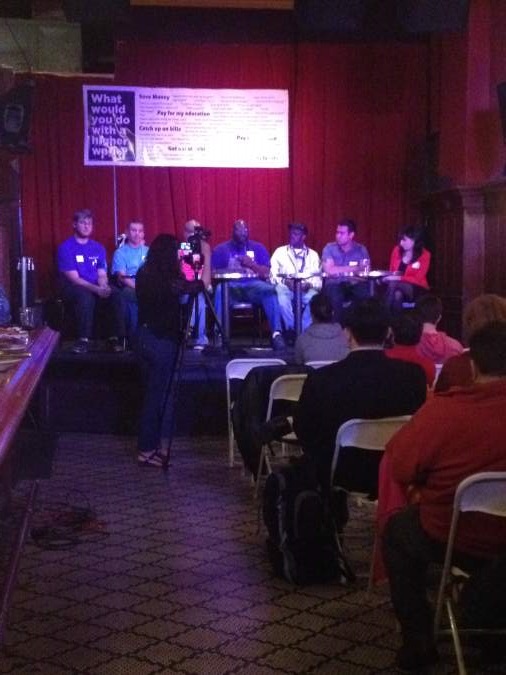The guest judges assembled for Top Chef: Seattle’s fried-chicken feast included a Korean-American, an Austrian immigrant, and a Jewish Latina, but conspicuously absent was a representative of the cultural group which historians say deserve credit for perfecting fried chicken in the U.S.”I was really annoyed that an appropriately diverse table of judges didn’t include one African-American,” says Adrian Miller, author of the forthcoming Soul Food: The Surprising Story of an American Cuisine, One Plate at a Time. “Fried chicken is an example of African-American cultural artistry. I want African-Americans to reclaim their contributions to the dish.”Compounding Miller’s annoyance is the ease with which producers could have located an African-American fried-chicken expert in Seattle: As he points out, even Oprah has blessed Ezell Stephens’ chicken. And since the show has repeatedly demonstrated its willingness to import guest judges—much to Seattleites’ chagrin—Miller says the omission was “needlessly lazy.”Miller recognizes the racial baggage which accompanies every bucket of fried chicken, although he believes the stereotypical associations fostered by minstrel shows and propelled by Jim Crow–era fears are rapidly fading as fried chicken becomes increasingly ubiquitous. “I think if you ask someone under 25, they’ll be like, ‘What are you talking about, dude?’ I don’t think it resonates with the younger generation,” he says. Still, he imagines a white casting director might flinch at calling up an African-American chef just because fried chicken’s on the menu. “I see how a casting director would be nervous, but I think you can defend it,” he says.Marche’s Jamaican-born chef, Daisley Gordon, has previously appeared on Top Chef, but Miller says that if producers weren’t keen on casting locally, they also could have saved a seat at Tom Colicchio’s picnic table for either Leonard Thomas, author of Cooking With the Chicken Man; New York’s legendary chicken fryer Charles Gabriel; African-American foodways authority Jessica Harris; restaurateur B. Smith; or Leah Chase, the “Queen of Creole Cuisine” who recently celebrated her 90th birthday. “[Chase] would have had a great back-and-forth with Emeril, I’m sure,” Miller says.Fried chicken was once considered an exclusively Southern preoccupation. In Fried Chicken: An American Story, John T. Edge quotes North Carolina’s Jim Villas as saying, “To know about fried chicken, you have to have been weaned and reared on it in the South. Period.” That 1982 pronouncement has become irrelevant in a food landscape contoured with fried chickens from Asia, Latin America, and—as judge Wolfgang Puck reminded viewers—Europe. Miller doesn’t claim fried chicken belongs solely to his community. “But, indisputably, African-Americans had a role” in creating the fried-chicken style imitated by fast-food restaurants such as Popeye’s, Bojangles’, and KFC, he says.”African-American chefs were the standard-bearers for American cooking worldwide,” he adds. “Fried chicken and terrapin, those were their one-two punches.”Fried chicken wasn’t the only dish featured on last week’s episode with strong connections to a single culture. In the Quickfire Challenge, the chefs were tasked with making sushi for the Okinawan-born Katsuya Uechi. All the chefs expressed their reverence for the genre, and many of them worried about meeting Uechi’s expectations. By contrast, the Americans in the group—none of whom claim African-American heritage—felt extraordinarily comfortable with fried chicken.”And then they found out fried chicken’s not so easy,” Miller says.hraskin@seattleweekly.com
The guest judges assembled for Top Chef: Seattle’s fried-chicken feast included a








